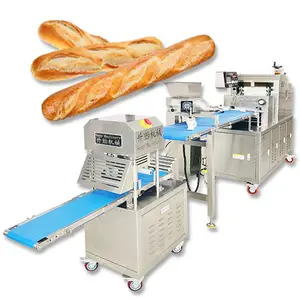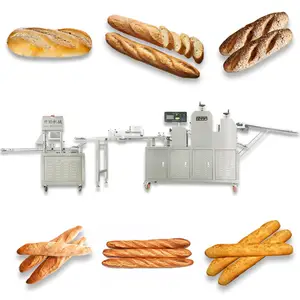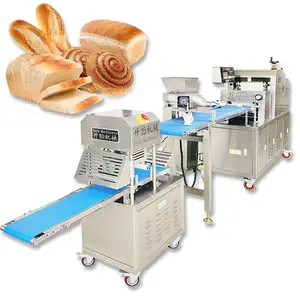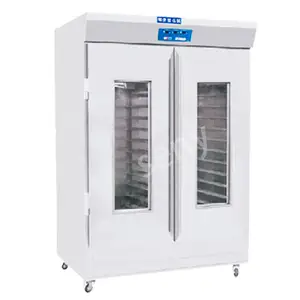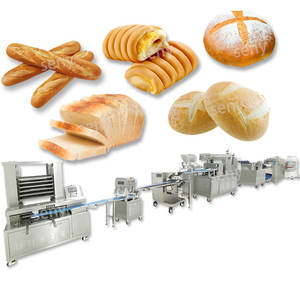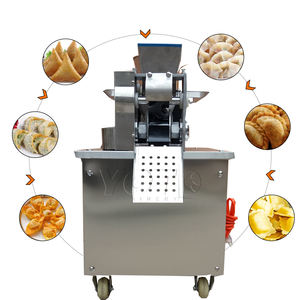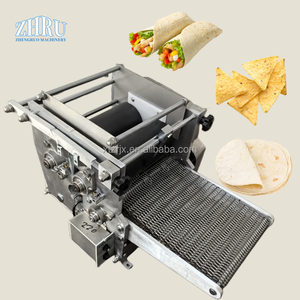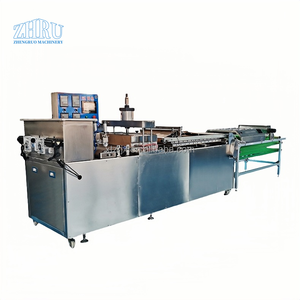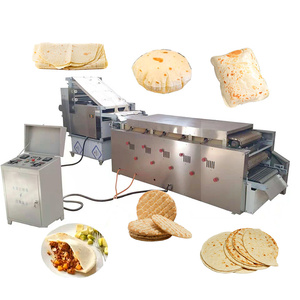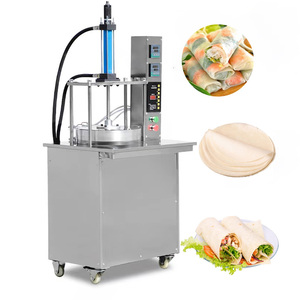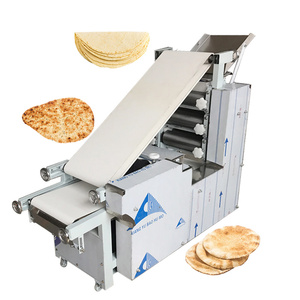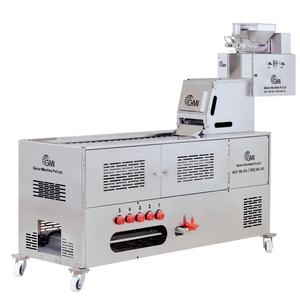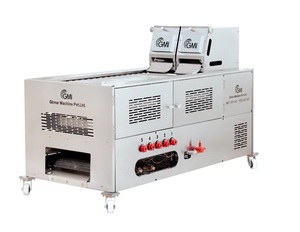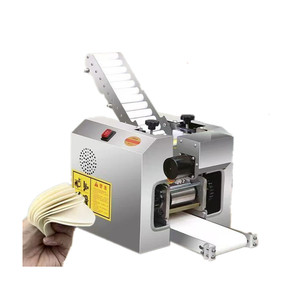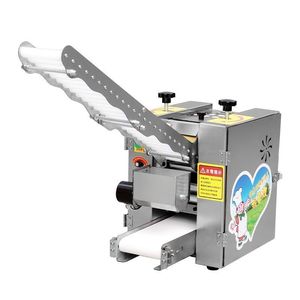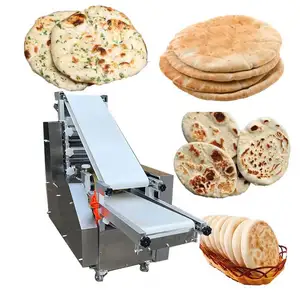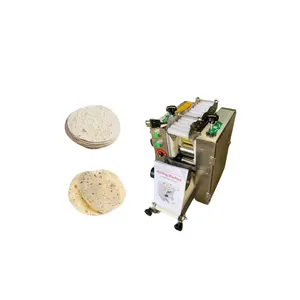Fully Automatic Roti Making Machine





 Top sponsor listing
Top sponsor listing





 1/10
1/10
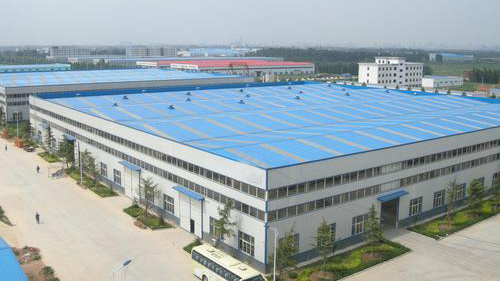



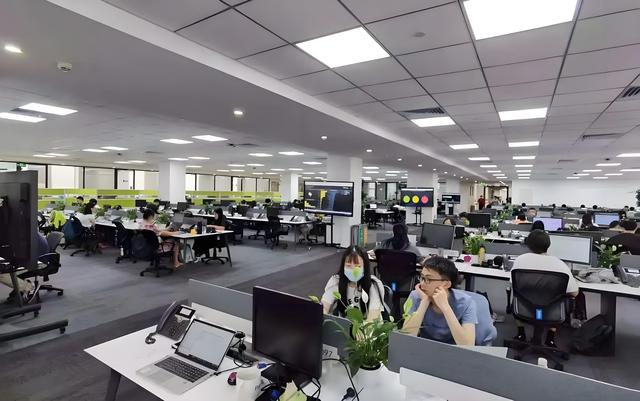




 1/15
1/15
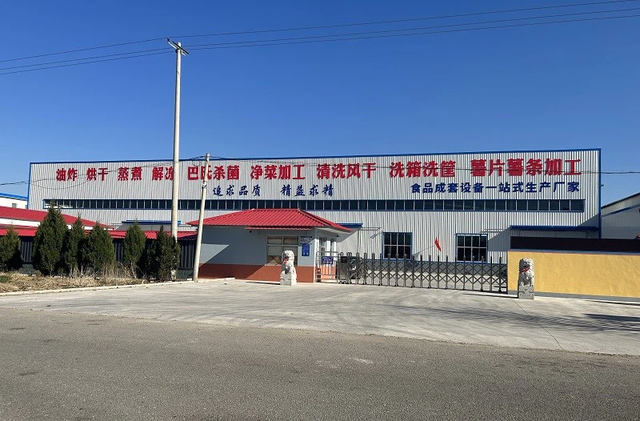




 1/13
1/13

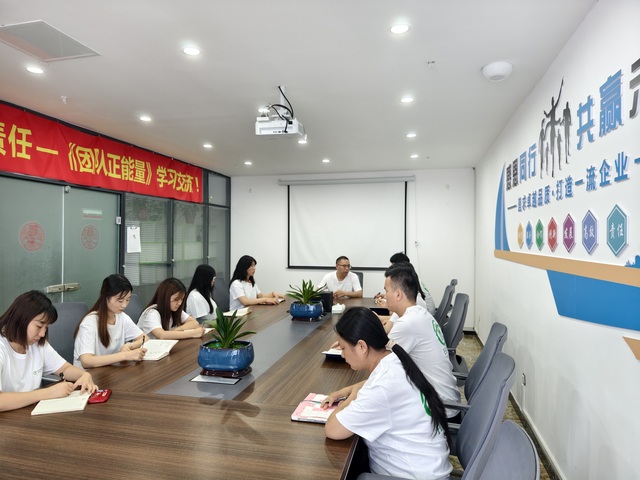





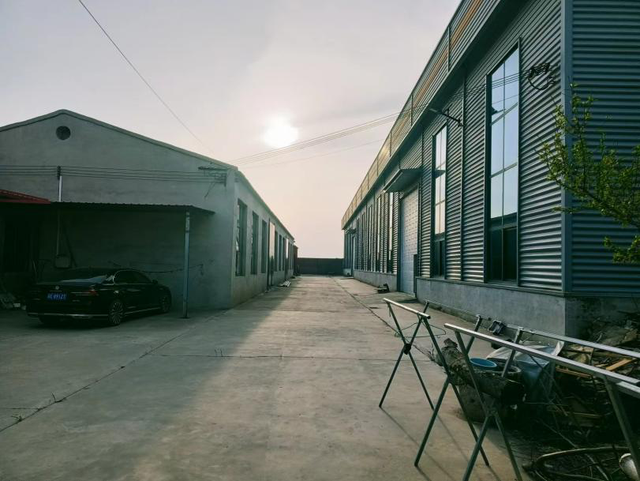
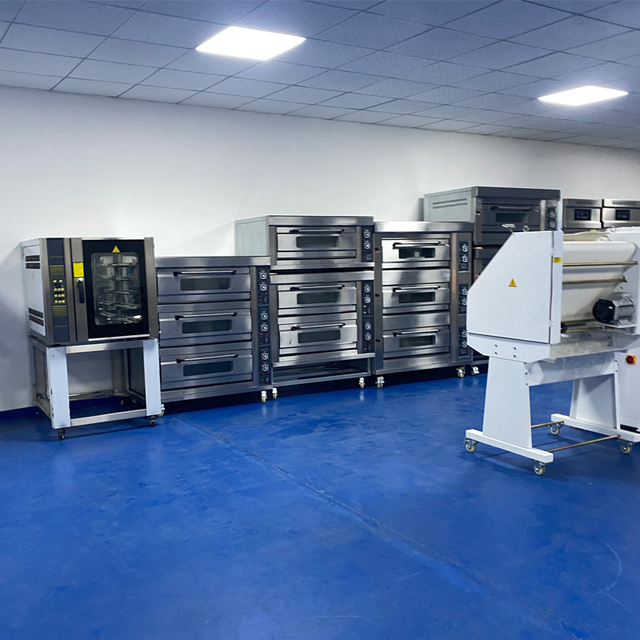



About fully automatic roti making machine
Where to Find Fully Automatic Roti Making Machine Suppliers?
China remains the dominant manufacturing hub for fully automatic roti making machines, with key production clusters in Henan and Hebei provinces. These regions host vertically integrated facilities specializing in grain product processing equipment, benefiting from concentrated supply chains for stainless steel, heating elements, and automation components. Henan alone accounts for over 50% of China’s commercial flatbread machinery output, supported by mature industrial ecosystems in Zhengzhou and Xingtai that streamline component sourcing and final assembly.
Suppliers in these zones operate under optimized production models, enabling rapid scaling for both standard and customized configurations. The proximity of raw material suppliers, CNC fabrication units, and logistics networks reduces lead times to 25–40 days for bulk orders. Buyers benefit from localized manufacturing advantages, including 15–25% lower unit costs compared to equivalent machinery produced in South Asia or Eastern Europe, while maintaining compliance with international electrical and food safety standards.
How to Choose Fully Automatic Roti Making Machine Suppliers?
Effective supplier selection requires a structured evaluation across technical, operational, and transactional dimensions:
Technical & Functional Validation
Confirm machine specifications align with operational requirements, including dough feeding mechanisms, baking temperature range (typically 200–300°C), cycle time per roti (target: 8–15 seconds), and compatibility with flour types (whole wheat, multigrain, maize). Verify construction materials—food-grade stainless steel (SS304/SS316) is standard for contact surfaces. Demand compliance with CE or IEC safety standards for electrical systems, particularly for buyers in regulated markets.
Production and Customization Capacity
Assess supplier capabilities through the following indicators:
- Minimum factory area exceeding 2,000m² for dedicated production lines
- In-house engineering teams supporting customization (e.g., size, voltage, output capacity, labeling)
- Proven experience in modifying feed systems, baking ovens, or stacking mechanisms based on client input
Cross-reference product listings with customization tags such as "electrical configuration," "dough mixer function," and "material size" to identify flexible manufacturers.
Supply Chain Reliability Metrics
Prioritize suppliers with verifiable performance data:
- On-time delivery rate ≥95%
- Reorder rate >20% as an indicator of customer satisfaction
- Average response time ≤2 hours for inquiry resolution
Suppliers with online revenue exceeding US $100,000 annually demonstrate consistent market demand and export capability.
What Are the Best Fully Automatic Roti Making Machine Suppliers?
| Company Name | Type | Main Products | On-Time Delivery | Reorder Rate | Response Time | Online Revenue | Customization Options | Price Range (USD) |
|---|---|---|---|---|---|---|---|---|
| Shanghai Seny Machinery Co., Ltd. | Custom Manufacturer | Bread, Biscuit, Meat & Grain Product Making Machines | 100% | 60% | ≤2h | US $1M+ | Color, shape, weight, packaging, electrical config, material, logo | $450–$500 (est.) |
| Xingtai Zhengruo Machinery Manufacturing Co., Ltd. | Multispecialty Supplier | Industrial Tortilla, Pita, Roti Machines | 100% | <15% | ≤1h | US $40,000+ | Color, material, size, logo, packaging | $305–$9,285 |
| Saidashi Machinery (Henan) Co., Ltd. | Manufacturer | Grain Product, Vegetable & Meat Processing Machines | 100% | 20% | ≤3h | US $100,000+ | Limited customization (material, size) | $426–$4,960 |
| Yongtao Group (Henan) Co., Ltd. | Manufacturer | Grain Product, Potato Chips, Filling Machines | Not specified | Not specified | ≤4h | Not specified | No customization noted | $450–$750 |
| YANN TECHNOLOGY LLC | Technology Integrator | Commercial Lavash, Naan, Shawarma & Packaging Machines | Not specified | Not specified | ≤1h | Not specified | Limited functional variants | $900–$8,000 |
Performance Analysis
Shanghai Seny stands out with the highest reorder rate (60%) and verified annual revenue over US $1 million, indicating strong buyer retention and export volume. Xingtai Zhengruo leads in responsiveness (≤1h) and offers broad customization despite a lower reorder rate, suggesting potential gaps in post-sale support. Saidashi Machinery combines reliable delivery (100%) with mid-tier customization and a 20% reorder rate, positioning it as a balanced option for commercial buyers. Yongtao Group and YANN TECHNOLOGY offer competitive entry-level pricing but lack transparency in delivery and reorder metrics, increasing procurement risk for large-scale deployments.
FAQs
What is the typical MOQ and lead time for fully automatic roti machines?
Minimum order quantity is typically 1 set, with lead times ranging from 20 to 40 days depending on customization level. Standard models ship faster, while custom voltage or output modifications may extend production by 10–15 days.
Do suppliers provide technical documentation and certifications?
Reputable suppliers supply CE declarations, circuit diagrams, and operation manuals. For regulatory compliance, request test reports on insulation resistance, grounding continuity, and thermal protection systems. ISO 9001 certification is recommended but not universally present.
Can roti machines be adapted for different dough types or sizes?
Yes, leading suppliers offer adjustable rollers, programmable thickness controls, and modular baking zones. Custom molds can be engineered for regional variants like paratha, naan, or tortilla. Confirm compatibility with wet dough (up to 45% hydration) and multi-grain blends before ordering.
Are samples available before bulk purchase?
Sample availability varies. Some suppliers offer functional prototypes at 1.5x unit price, refundable against subsequent orders. Expect 15–25 days for sample production and 5–7 days for express shipping. Buyers are advised to conduct performance testing on yield consistency, energy consumption, and crust texture.
What are common customization options?
Key configurable parameters include machine footprint, power supply (110V/220V/380V), hourly output (1,000–6,000 pieces), feeding system (manual/auto-dosing), and branding (logo engraving, color finish). OEM packaging and user interface localization are also available with qualified partners.


